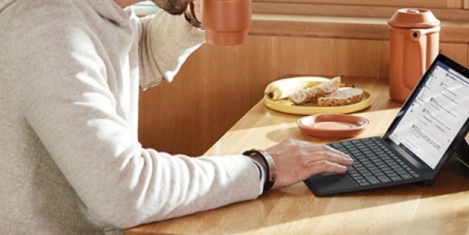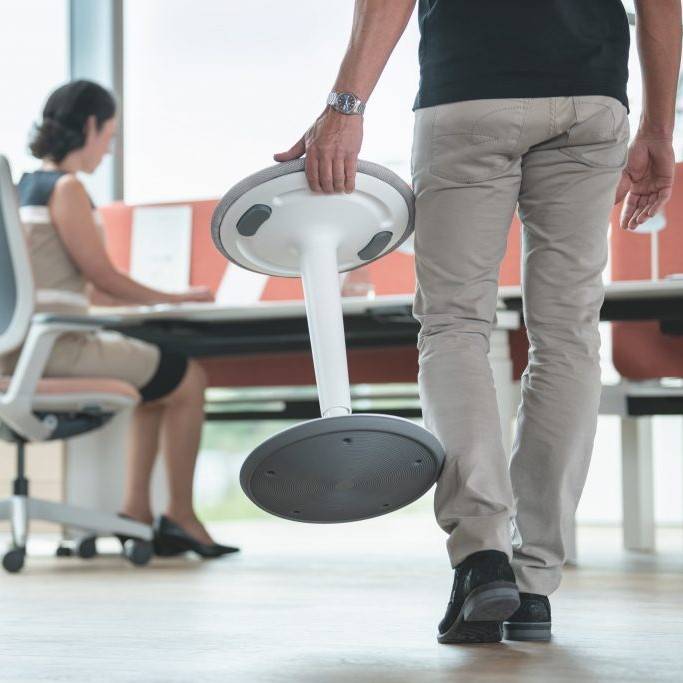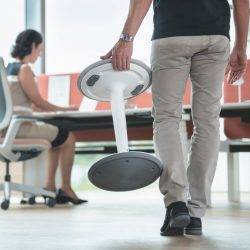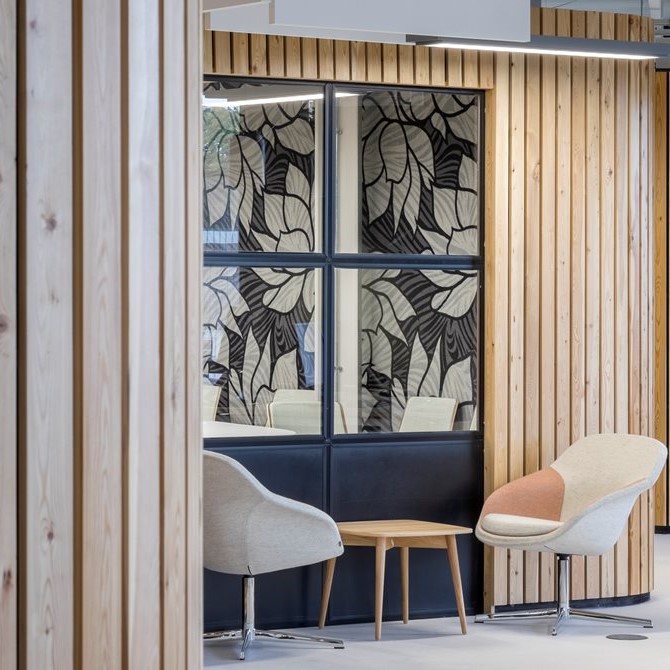To provide the best experiences, we use technologies like cookies to store and/or access device information. Consenting to these technologies will allow us to process data such as browsing behaviour or unique IDs on this site. Not consenting or withdrawing consent, may adversely affect certain features and functions.
The technical storage or access is strictly necessary for the legitimate purpose of enabling the use of a specific service explicitly requested by the subscriber or user, or for the sole purpose of carrying out the transmission of a communication over an electronic communications network.
The technical storage or access is necessary for the legitimate purpose of storing preferences that are not requested by the subscriber or user.
The technical storage or access that is used exclusively for statistical purposes.
The technical storage or access that is used exclusively for anonymous statistical purposes. Without a subpoena, voluntary compliance on the part of your Internet Service Provider, or additional records from a third party, information stored or retrieved for this purpose alone cannot usually be used to identify you.
The technical storage or access is required to create user profiles to send advertising, or to track the user on a website or across several websites for similar marketing purposes.
 ?In light of the numerous changes in daily behaviour across the world because of the coronavirus,?Microsoft has published the first edition of its?Work Trend .?It uses the Microsoft Graph of usage data to analyse productivity trends and observe how remote working scenarios are changing the way we connect with each other. (more…)
?In light of the numerous changes in daily behaviour across the world because of the coronavirus,?Microsoft has published the first edition of its?Work Trend .?It uses the Microsoft Graph of usage data to analyse productivity trends and observe how remote working scenarios are changing the way we connect with each other. (more…)



































April 10, 2020
When it comes to the future of work, we only know what we don’t know
by David Clements • Comment, Workplace design